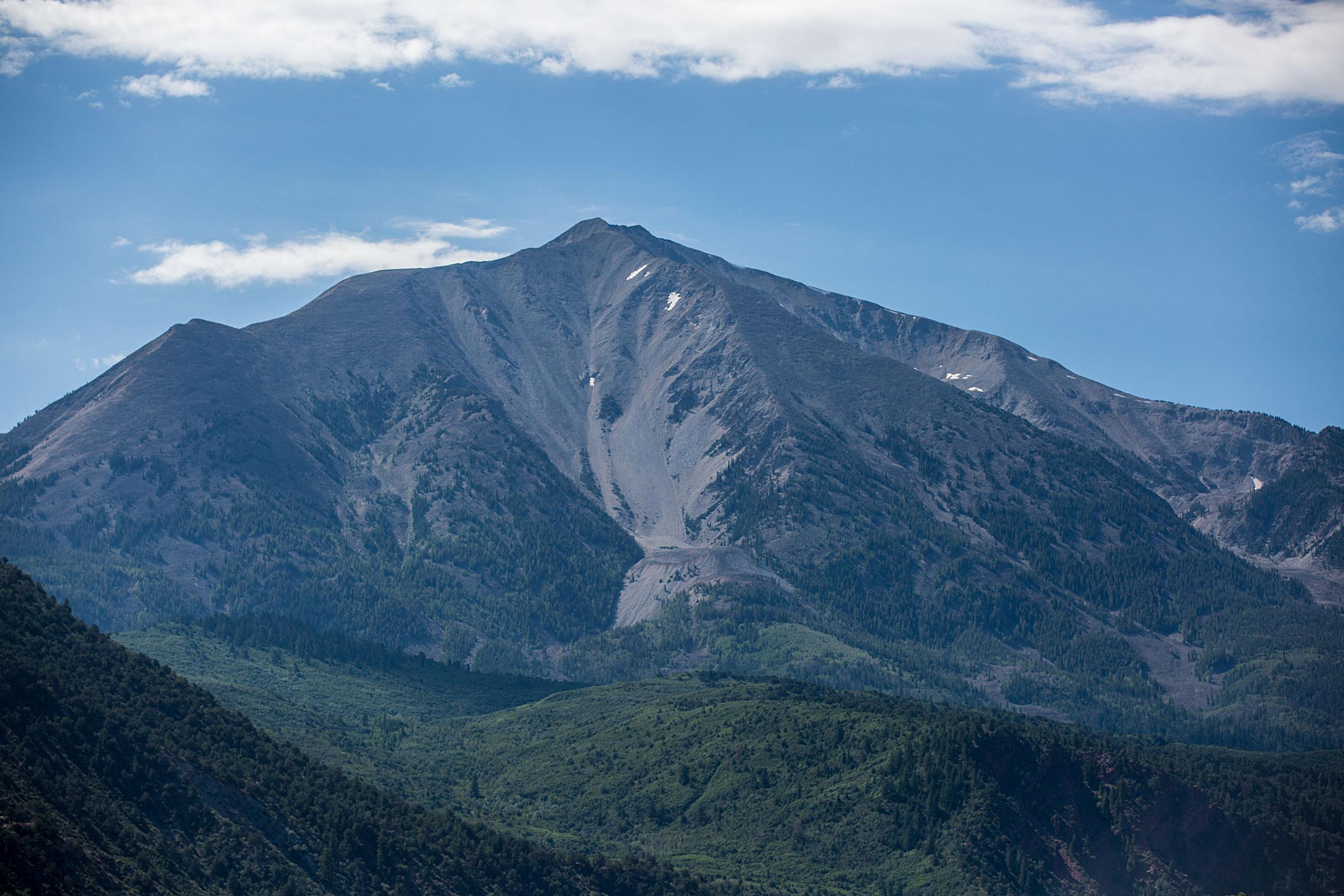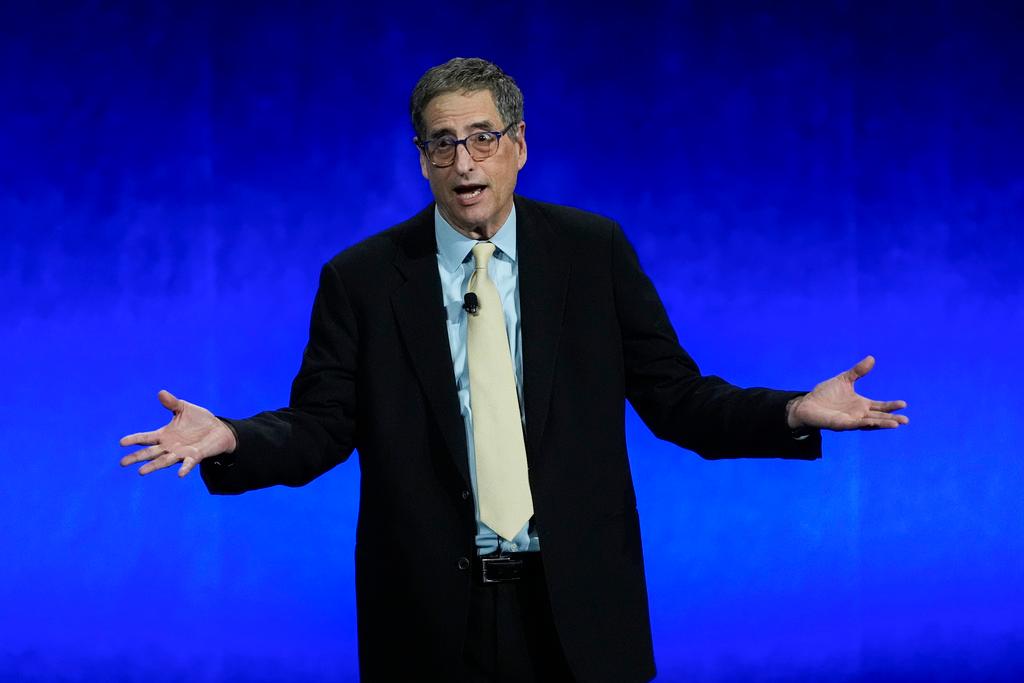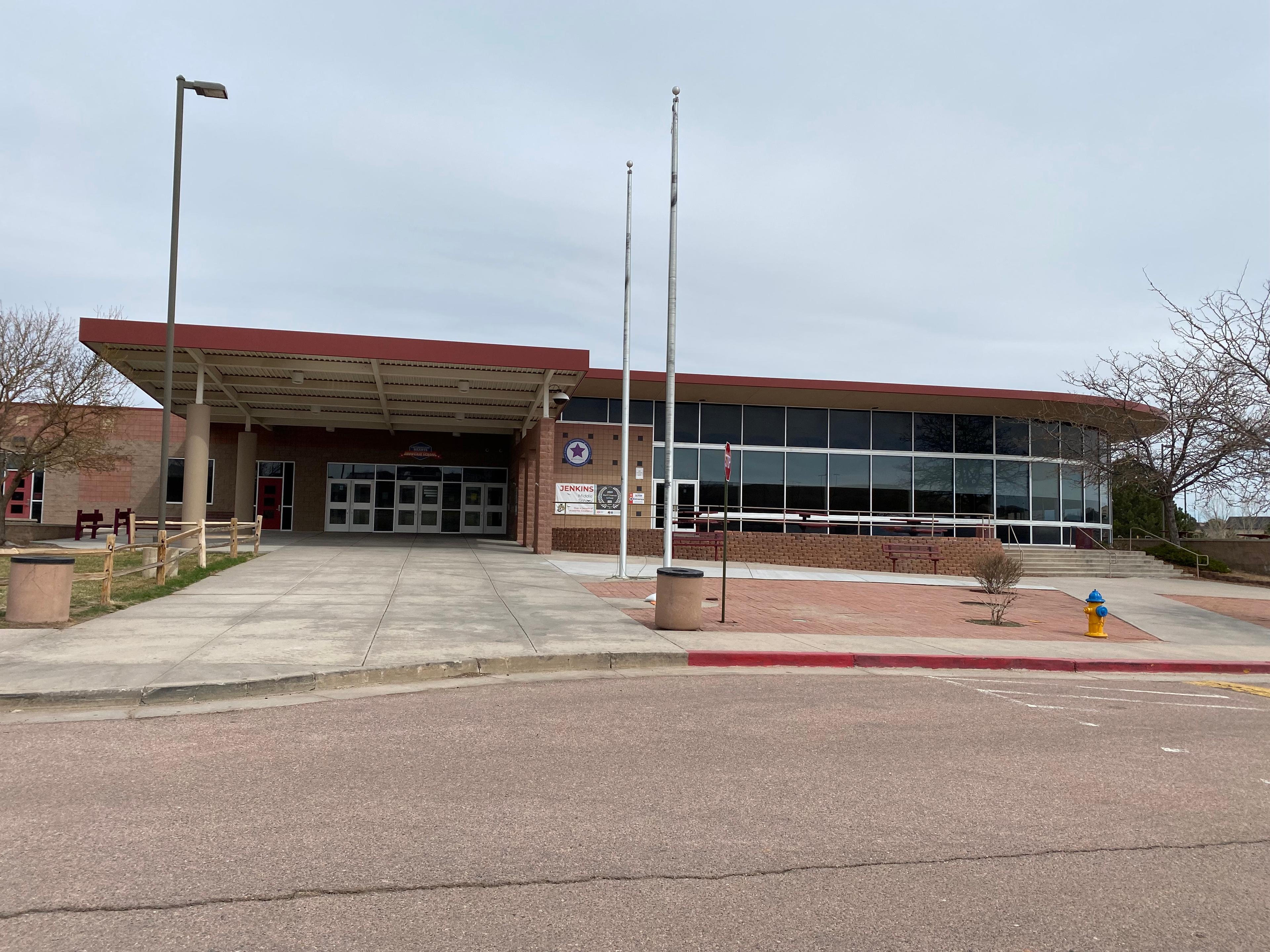
The CORE Act, a Colorado public lands bill that would protect about 400,000 acres across the western half of the state, is inching closer to becoming law.
On Wednesday, a Senate Energy and Natural Resources subcommittee held a hearing on the bill, along with 12 other public lands bills. It ticks an important legislative box if the bill hopes to stand any chance of passing Congress before the end of the year.
“Coloradans have now asked Congress to pass the CORE Act, and its components, for many years,” Democratic Sen. Michael Bennet said. “It is our time to act in the Senate.”
Bennet introduced the bill with Rep. Joe Neguse in January 2019. It took four separate pieces of legislation written and advocated by Coloradans over several years and rolled them into one large Colorado public lands package. It would increase protections on lands in the San Juan Mountains, the Thompson Divide, the Curecanti National Recreation Area and the Continental Divide and Camp Hale.
While the bill passed the House twice — most recently as part of that chamber’s National Defense Authorization Act — it had stalled in the Senate. That was, until this hearing was announced last week.
“I think all of that puts it in a very strong position going into negotiations over the NDAA here at the end of the year,” Bennet said.
Protecting Camp Hale
That’s what Salida resident Bradley Noone is pinning his hopes on. He has spent the past few years advocating for the CORE Act, in particular, the Continental Divide and Camp Hale portion of the bill.
Camp Hale is where the 10th Mountain Division trained during World War II. Noone is a veteran, who went with the 10th Mountain Division to Afghanistan from 2006 to 2007. If the CORE Act becomes law, the site near Leadville would become the U.S.’s first National Historic Landscape.
For Noone, the area isn’t just a beautiful place, but a site of great historical value. And that’s what he wants members of the Senate Energy and Natural Resources’ Public Lands, Forests and Mining subcommittee to know.
“It’s extremely important to me. It’s my gym. It’s my church. It’s my therapist,” he explained.
The disabled veteran was part of a group of vets that virtually lobbied lawmakers to keep the CORE Act in the National Defense Authorization Act last week in the run up to the Senate hearing. Noone noted that many veterans, especially those that fought in World War 2 and went on to work for the designation, have not lived to see it happen.
“We just lost Sandy Treat, a long time 10th Mountain veteran and advocate. And unfortunately he didn’t get to see the surrounding area around Camp Hale protected,” Noone said. Treat passed away in September 2019. “I think that’s the most important part is the legacy for current and past veterans.”
Bennet, who visited Camp Hale with veterans last year, described this part of the bill as “a very fitting beating heart for what will be the most important public lands bill that we’ve passed in Colorado in over 25 years.”
The Trump administration opposes CORE
But most of the testimony the subcommittee heard on the CORE Ac came not from supporters, but from members of the Trump administration. And they noted the administration objects to CORE in part because it would withdraw several areas from mining and mineral leasing.
“This bill does not support the department's goal of maintaining its energy dominance,” said Michael Nedd, Deputy Director for Operations with the Bureau of Land Management.
Christopher French, Deputy Director of the USDA Forest Service said, “as a whole, the administration opposes the bill, given concerns related to imposing broad land restrictions and reducing areas open for motorized recreation.”
But Sen. Martin Heinrich, who noted that Bennet was denied the opportunity to testify at the hearing on his bill, did talk about the “breadth of local support” for the measure.
“The number of county commissioners and other leaders who have really embraced this legislation is impressive,” said Heinrich, a Democrat from New Mexico.
Bennet said he’s been in touch with Senators Lisa Murkowski and Joe Manchin, who are the chair and ranking member of the committee.
“They’re well aware of the broad support for this bill in Colorado and I think we’ve got a real fighting chance,” he said.
Outgoing Congressmen Tipton and Gardner also aren't supporting the bill
One reason the CORE Act hasn’t moved forward before is a lack of support from two key Colorado Republicans: Rep. Scott Tipton, whose district includes most of the lands in the bill, and Sen. Cory Gardner. Gardner has said he wouldn’t oppose the bill’s passage, but also won’t advocate for it given Tipton’s opposition.
Both Tipton and Gardner will be leaving Congress in January.
Mark Pearson, executive director of the San Juan Citizens Alliance, has been advocating for the San Juan mountains portion of the bill for well over a decade. He said it is perplexing that getting these measures passed should take this long.
“I think it’s more an indication of how broken down the congressional process is,” he said. “That bills like this don’t normally get a hearing, and be debated and be voted on and kind of move through the process in a normal fashion.”
The last major Colorado public lands bill to pass Congress, the Hermosa Creek Watershed Protection Act, also made it through as part of an NDAA.
House and Senate negotiators have started talks on how to reconcile their differing NDAAs. With the legislative finish line in sight for the first time, CORE supporters say they hope to cross it this year, and not fall short.









